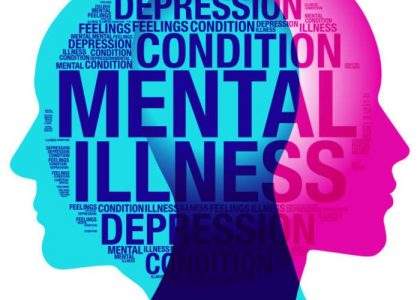What is blood pressure?
Blood pressure is a measure of the force that your heart uses to pump blood around your body.
How is blood pressure measured?
Blood pressure is measured in millimetres of mercury (mmHg) and is given as 2 figures:
• systolic pressure – the pressure when your heart pushes blood out
• diastolic pressure – the pressure when your heart rests between beats
For example, if your blood pressure is “140 over 90” or 140/90mmHg, it means you have a systolic pressure of 140mmHg and a diastolic pressure of 90mmHg.
As a general guide:
• ideal blood pressure is considered to be between 90/60mmHg and 120/80mmHg
• high blood pressure is considered to be 140/90mmHg or higher
• low blood pressure is considered to be 90/60mmHg or lower
High blood pressure
High blood pressure is often related to unhealthy lifestyle habits, such as smoking, drinking too much alcohol, being overweight and not exercising enough.
Left untreated, high blood pressure can increase your risk of developing a number of serious long-term health conditions, such as coronary heart disease and kidney disease.
Low blood pressure
Low blood pressure is less common. Some medicines can cause low blood pressure as a side effect. It can also be caused by a number of underlying conditions, including heart failure and dehydration.







